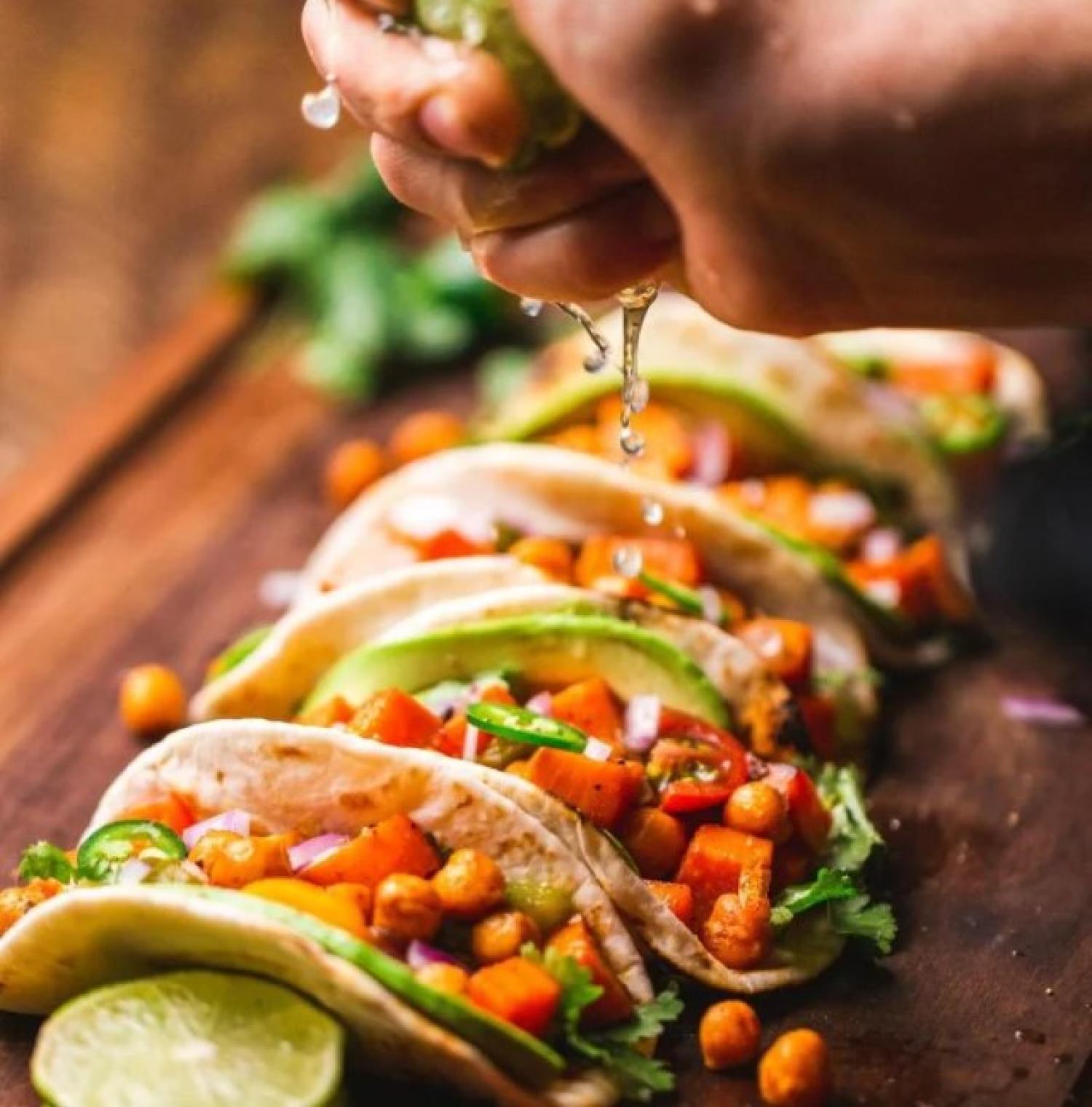Decolonize your diet this holiday season

No matter what holiday traditions your friends and family celebrate, chances are the food you eat is part of what makes the holiday special. The food we eat might taste really good, but sometimes it doesn’t provide the full nourishment that our bodies need; and sometimes, food we identify as 'holiday food' is actually produced within harmful food systems. When you cook food in which you know where and how it was grown and processed, you're not only nourishing your body with healthier food, but acknowledging and respecting decolonized food systems.
Decolonizing our diets means eating food and crops that are indigenous to our land, while standing in solidarity with the Indigenous communities. This might include eating plant-based foods or crops like corn, beans, squash, tomatoes, potatoes, etc., acknowledging and talking about the historical context behind the holidays and honoring the labor it took to produce the food you eat.
This is a form of climate social justice because it acknowledges the treatment of Indigneous people and recognizes that cheap, highly processed foods are generally unhealthy. It's no coincidence that decolonized food systems contain mostly plant-based diets.
As a student, it can be tough to eat foods that are both nourishing and affordable, or to find the time and skill to cook meals. Adapting your diet towards plant-based foods is an ongoing journey, and you can make an impact on sustainability through small, everyday changes. Here are some recipe ideas to get started on your food decolonization journey: Decolonize your diet: Plant-based Mexican-American recipes for health and healing


